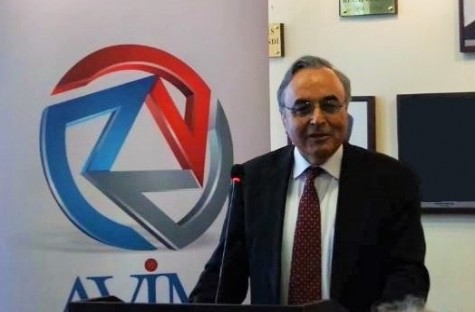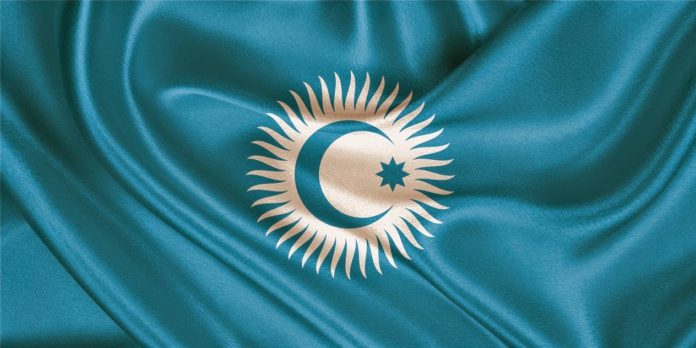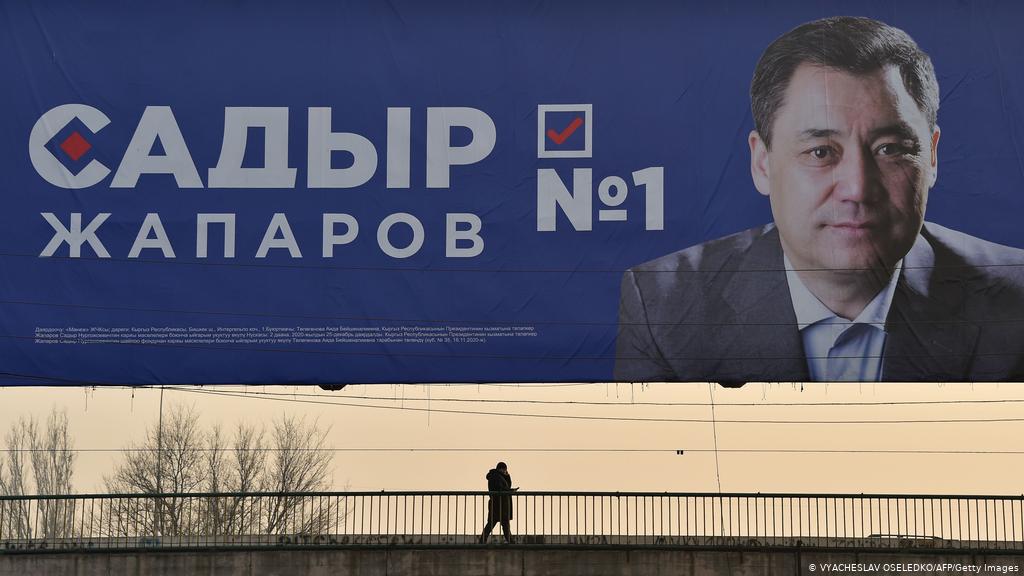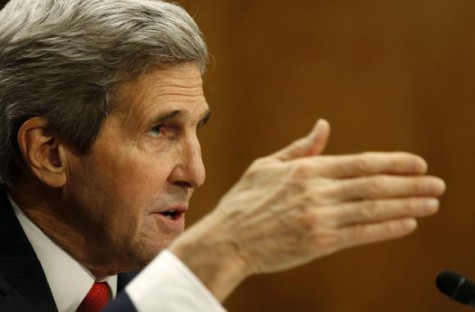01.06.2015
Alev KILIÇ
For the first time in their history, the navies of the Russian Federation and People’s Republic of China conducted military exercises in the Mediterranean for ten days in which live ammunition was used. In this naval exercise held on 11-21 May 2015, Sevastopol in Crimea, Black Sea was the starting point and the Tartus port in Syria served as the supply facility. The reported reason for the exercise was “to develop interoperability between the navies.” There is no doubt that this large scale and long duration military show of strength has a more significant meaning for both countries beyond this technical goal.
The developments that led to Russia’s deteriorating relations with the US, EU and NATO, in other words with the West, became more apparent with the Ukrainian Crisis, even conjured the mention of a new cold war, prompting Russia to look for ways to counterbalance the West with China, the rising power of the Pacific. The first steps of the Russian-Chinese cooperation were taken with the establishment of the Shanghai Cooperation Organization (SCO) with the vision of cooperation instead of rivalry and conflict in the search for security and economic influence in Central Asia. The first examples of bilateral and multilateral Russian-Chinese military cooperation took place within the framework of SCO. This enabled China to prevent an eventual containment strategy, similar to the one Soviet Russia was exposed to, in its west and from the vantage point of Russia, transformed a potential danger and threat in its east into cooperation.
From Russia’s point of view, this show of strength in the Mediterranean gave the message that this cooperation could be effective in the West’s soft belly, that Russia has a capacity and playground outside of Ukraine and Eastern Europe and furthermore, that it is still a global power. As for China, who made its presence felt in the Mediterranean for the first time, this military exercise proved that its military power and zone of influence was not limited to the China Sea and demonstrated that its new and ambitious Silk Road project will be supported by its navy. China’s ongoing talks with the crisis-ridden Greece for the utilization of the port of Piraeus and the new Greek prime minister’s expectations from Russia indicate that China’s and Russia’s activities in the Mediterranean are not limited to a technical military exercise. Another important feature of the exercise is its connections to Crimea and Syria, as they are the two hot and controversial spots of international developments.
The Russian-Chinese naval exercise also holds significance for Turkey who has a long coast in the Mediterranean, follows the developments in the Eastern Mediterranean and is responsible for the supervision of the entry-exit of military vessels to the Black Sea. Turkey’s interest is not limited to the Mediterranean and the Black Sea. Turkey is a Eurasian country. In this new formation where the economic, commercial, financial, military and political balance of power is reshaping and gradually shifting from the West to Asia Pacific, Turkey finds itself transforming from a peripheral country of the West into a central hub that could provide interaction between the East and West. Being a candidate for EU membership, being a Balkan country, being a neighbor of Caucasian countries and having special historical and traditional relations with Central Asian republics, Turkey is in a position to closely follow developments in the new Eurasian geopolitics. Since Central Asian Republics are a part of the SCO, Turkey’s interest for SCO is understandable and legitimate. Turkey is a supporter of the updated historical Silk Road project. Furthermore, being an energy hub at the crossroads of oil and natural gas pipelines is an additional factor that requires Turkey to closely follow developments in its region and the globe.
© 2009-2025 Center for Eurasian Studies (AVİM) All Rights Reserved

 THE FUTURE OF THE TURKIC COUNCIL
THE FUTURE OF THE TURKIC COUNCIL
 ARMEN SARKISSIAN’S PRESIDENCY AND THE QUESTIONS ON ETHICS AND POLITICAL CULTURE IN ARMENIA (26.01.2022)
ARMEN SARKISSIAN’S PRESIDENCY AND THE QUESTIONS ON ETHICS AND POLITICAL CULTURE IN ARMENIA (26.01.2022)
 KYRGYZSTAN AFTER 10 JANUARY 2021 PRESIDENTIAL ELECTIONS AND CONSTITUTIONAL REFERENDUM
KYRGYZSTAN AFTER 10 JANUARY 2021 PRESIDENTIAL ELECTIONS AND CONSTITUTIONAL REFERENDUM
 UNDERSTANDING NAGORNO-KARABAKH DESPITE THE BIASED MANNER OF THE WESTERN MEDIA
UNDERSTANDING NAGORNO-KARABAKH DESPITE THE BIASED MANNER OF THE WESTERN MEDIA
 ISRAEL SAYS KERRY REMARKS ON IRAN NUCLEAR THRESHOLD 'NOT ACCEPTABLE'
ISRAEL SAYS KERRY REMARKS ON IRAN NUCLEAR THRESHOLD 'NOT ACCEPTABLE'




























